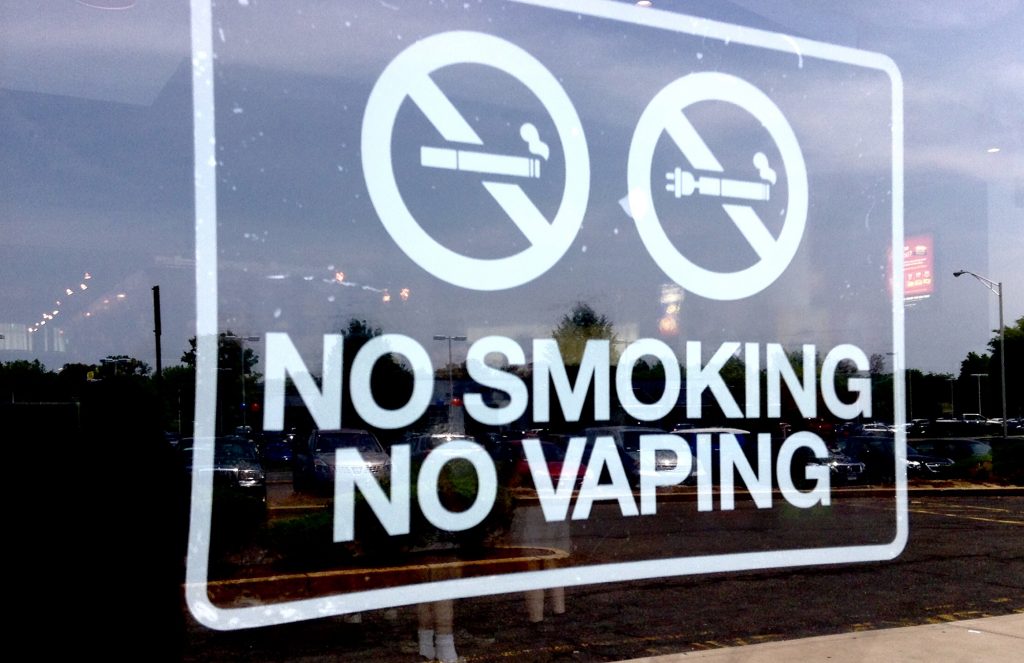September 10, 2020
Exploring Tobacco Control at Small Worksites

Christine Kava, PhD, will study evidence-based tobacco interventions used at small worksites through the workplace wellness program known as Connect to Wellness.
Kava is an acting assistant professor with the Department of Health Services* within the University of Washington’s School of Public Health. Her study will specifically explore barriers and facilitators affecting workplace and employee decisions to adopt, implement, and/or participate in tobacco control interventions at small worksites, which tend to have fewer tobacco control interventions than larger worksites. Because nearly all worksites in the U.S. have fewer than 250 employees, findings from this project could have a significant impact on public health across the country.

“We know tobacco contributes to the development of chronic diseases such as cancer, heart disease, and diabetes,” Kava said. “And evidence-based interventions for tobacco control, like tobacco-free policies, can reduce people’s risk of disease and save lives by supporting their journey to quit using tobacco products, while also offering protection from secondhand smoke and aerosol.”
Connect to Wellness is an evidence-based workplace wellness program developed by the University of Washington Health Promotion Research Center (UW HPRC) that provides support for small and midsize employers in their efforts to create healthier workplaces. It focuses on healthy foods and beverages, physical activity, tobacco cessation, and cancer screening, while providing employers a menu of options to address these behaviors through best practices, such as policies, health communications, and activities for employees.
Kava’s study team — including a workgroup of academic and community experts — will design an approach to improve implementation of tobacco control interventions, which will be driven by input from employers and employees. The study team will conduct phone interviews with managers and key workplace personnel, as well as hold focus groups with employees.
The interviews and focus groups will include questions and discussions that examine the role of external policies and incentives around adopting evidence-based interventions for tobacco control, available resources to implement the interventions, and knowledge and beliefs about tobacco control at worksites. Given the increasing popularity of e-cigarettes, the study will also examine how they can be incorporated into worksite tobacco control efforts.
The study workgroup will also identify promising strategies, such as providing technical assistance, to help small worksites improve their implementation of these evidence-based interventions.
Kava’s two-year project is possible thanks to a $318,136 National Cancer Institute Diversity Supplement, which supports the research training of students, post-baccalaureated and post-master’s individuals, postdoctoral fellows and faculty investigators who are members of an underrepresented group. This project is a supplement to a study led by UW HPRC Director and Principal Investigator Peggy Hannon on increasing implementation of evidence-based interventions in low-wage worksites through Connect to Wellness.
* The Department of Health Services is now the Department of Health Systems and Population Health. This name change took place July 1, 2021.